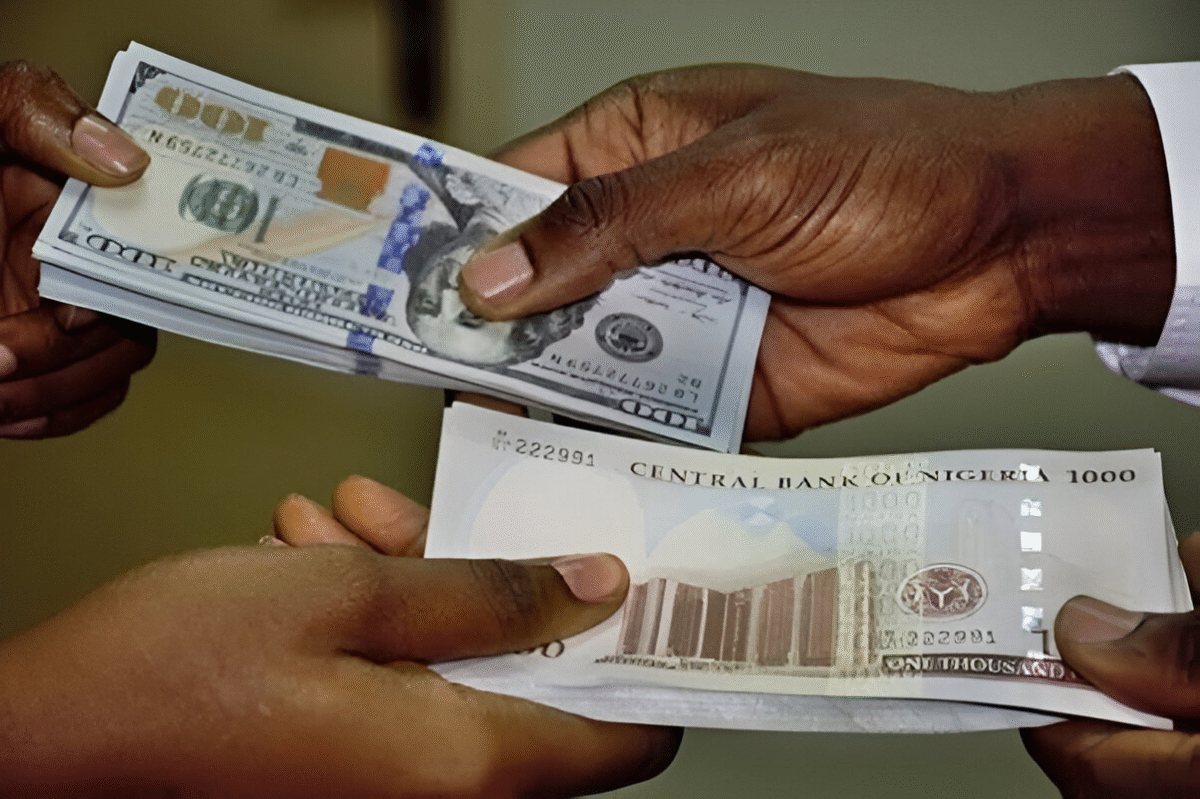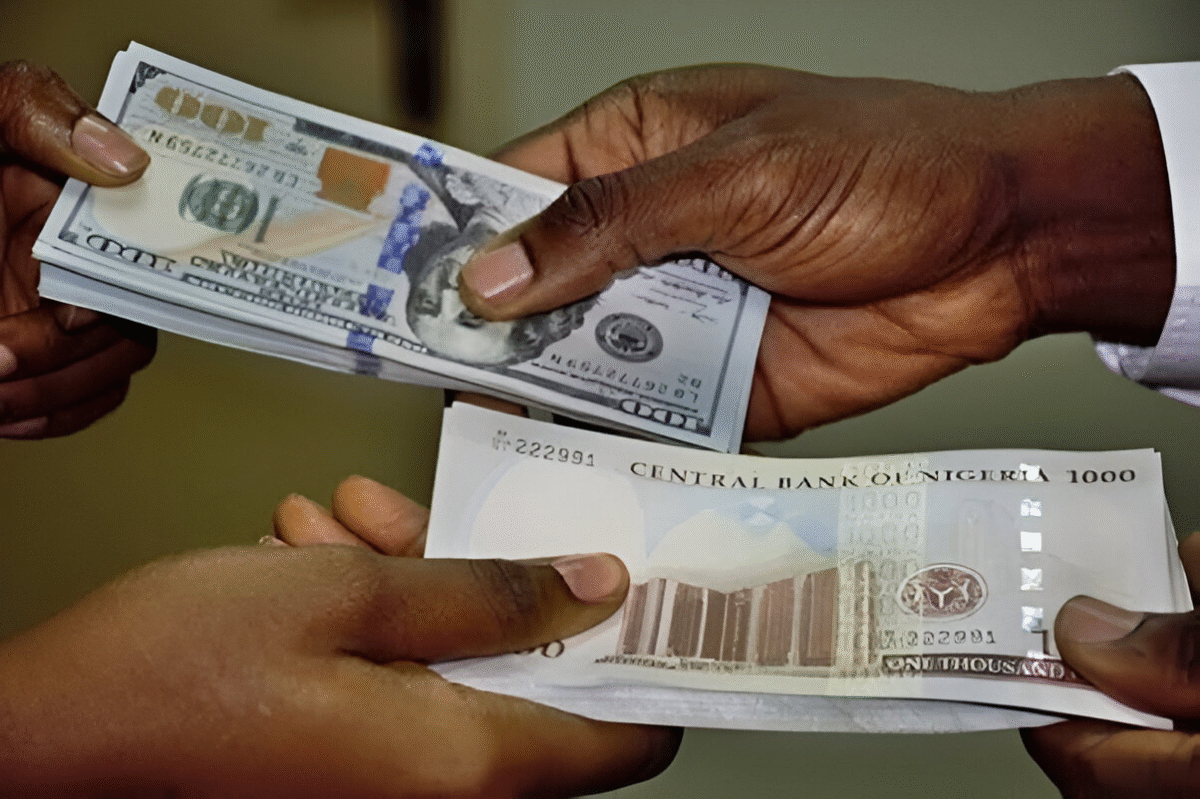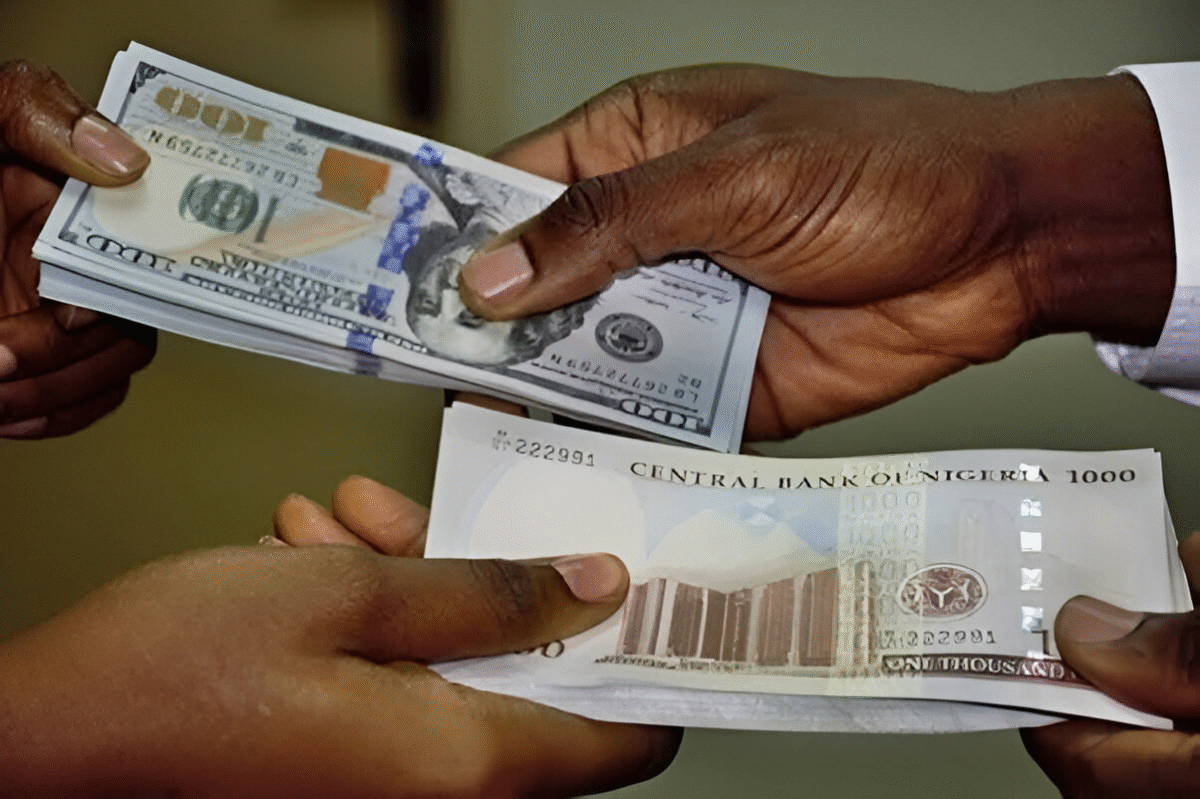On the official Investor and Exporter forex window, the Nigerian currency, the naira closed the week at N927.19/$.
This was a 16.64 per cent decline from the N794.89/$ it closed the week that ended November 24, 2023, according to data from the FMDQ Securities Exchange. Also, the turnover of dollars traded in the market improved from $75.82m to $110.14m in the period under review.
On Friday, the naira began trading at N815.00/$ for the day before hitting a high of N1160/$ and a low N701/$ within the day. It eventually closed trading at N927.19/$.
Last week Friday, the naira traded at a high of N1136/$ and a low of N700.00/$. The naira has continued to fall despite the Central Bank of Nigeria’s attempt to clear a backlog of foreign exchange forward contracts.
Recently, the apex bank’s governor, Olayemi Cardoso, stated that fiscal deficits and public debt increases are adding pressure to the external reserves and contributing to exchange rate instability.
While commenting at the recent Chartered Institute of Bankers of Nigeria 58th Annual Bankers’ Dinner and Grand Finale of the Institute’s 60th Anniversary, the governor said, “We have already witnessed improvements in FX market liquidity in recent weeks, as the market responded positively to tranche payments which have been made to 31 banks to clear the backlog of FX forward obligations.
“We have been subjecting these payments to detailed verification to ensure only valid transactions are honored. In a properly functioning market, it is reasonable to expect significant FX liquidity, with daily trade potentially exceeding $1.0bn. We envision that, with discipline and focused commitment, foreign exchange reserves can be rebuilt to comparable levels with similar economies.”
He added that one of the bank’s monetary policies aims is to achieve price stability and the stabilization of the exchange rate of the naira. Cardoso highlighted that the proper functioning of domestic and foreign currency markets, clear, transparent, and harmonised rules governing market operations are essential.
He declared, “New foreign exchange guidelines and legislation will be developed, and extensive consultations will be conducted with banks and FX market operators before implementing any new requirements.”
However, the Economic Intelligence Unit, the research and analysis division of the Economist Group, does not believe the CBN has the required firepower to clear the backlog of foreign exchange orders.
In a recent report, it said, “In Nigeria, an unsupportive monetary policy implies that the naira will remain under pressure, while the central bank lacks the firepower to adequately supply the market or clear a backlog of foreign exchange orders, which will keep foreign investors unnerved. High inflation and a continued spread with the parallel market will leave the exchange rate regime unstable and result in periodic devaluations.”






